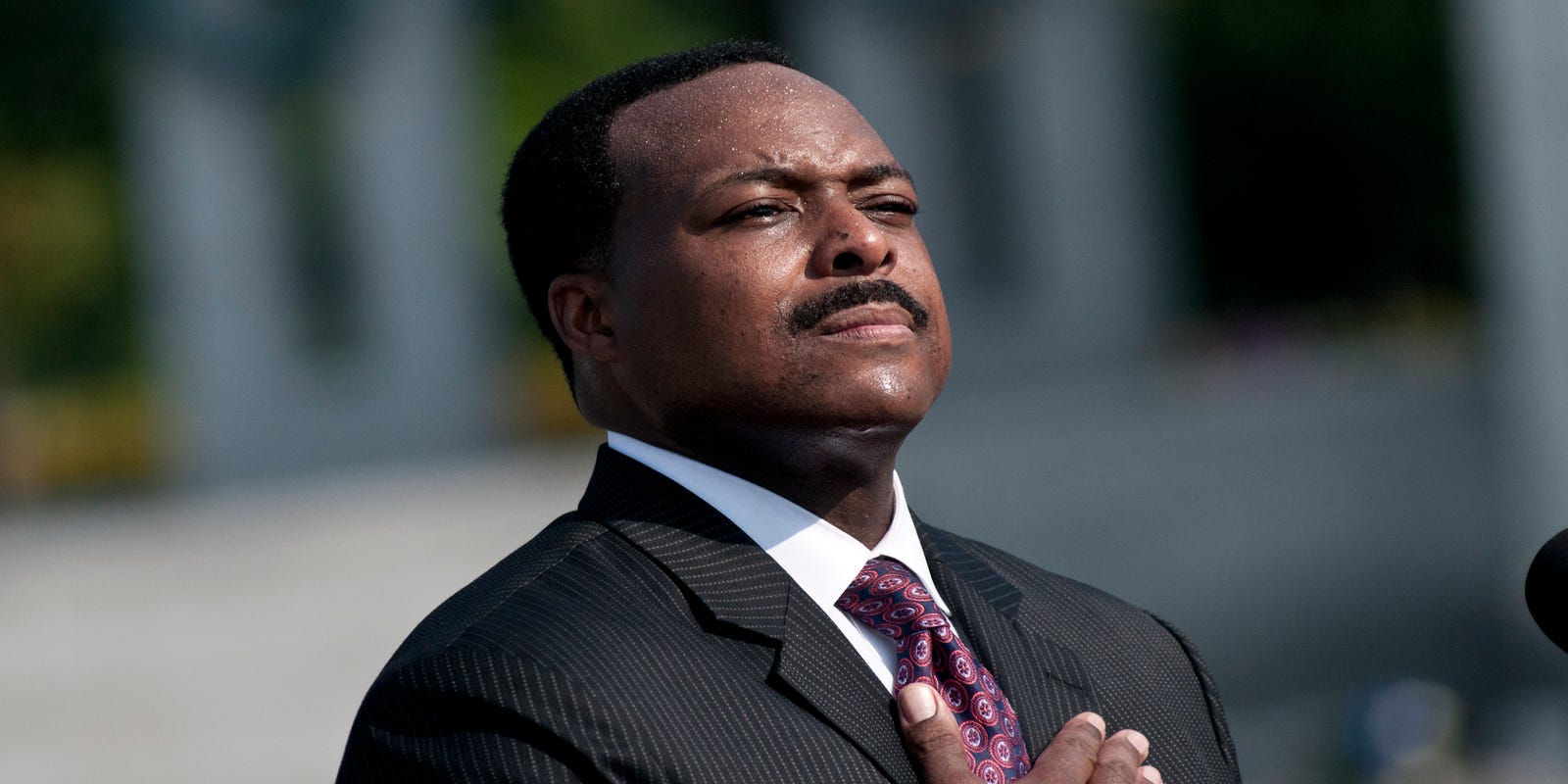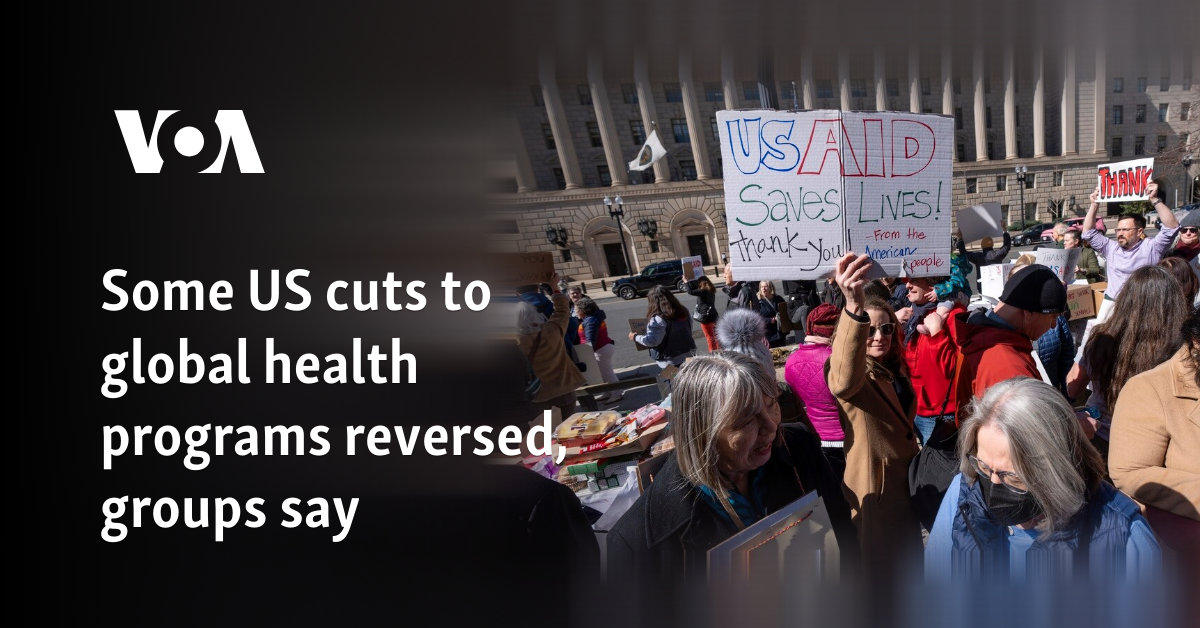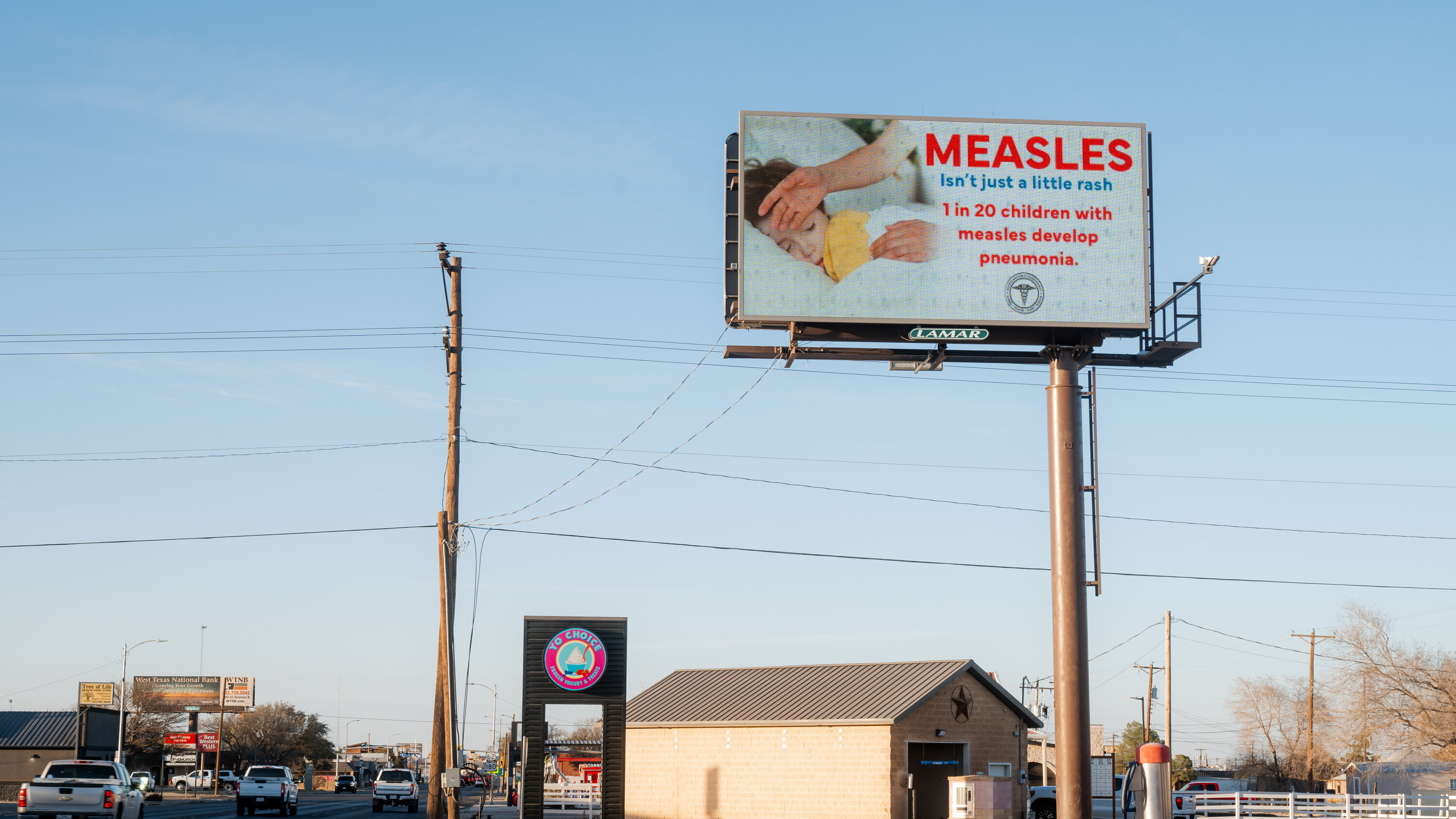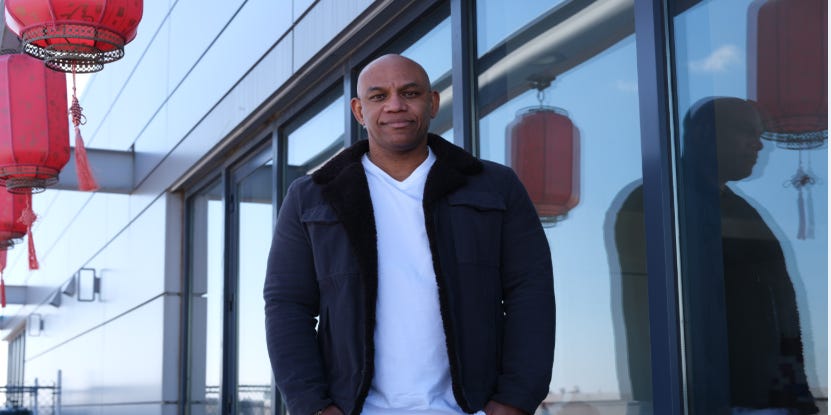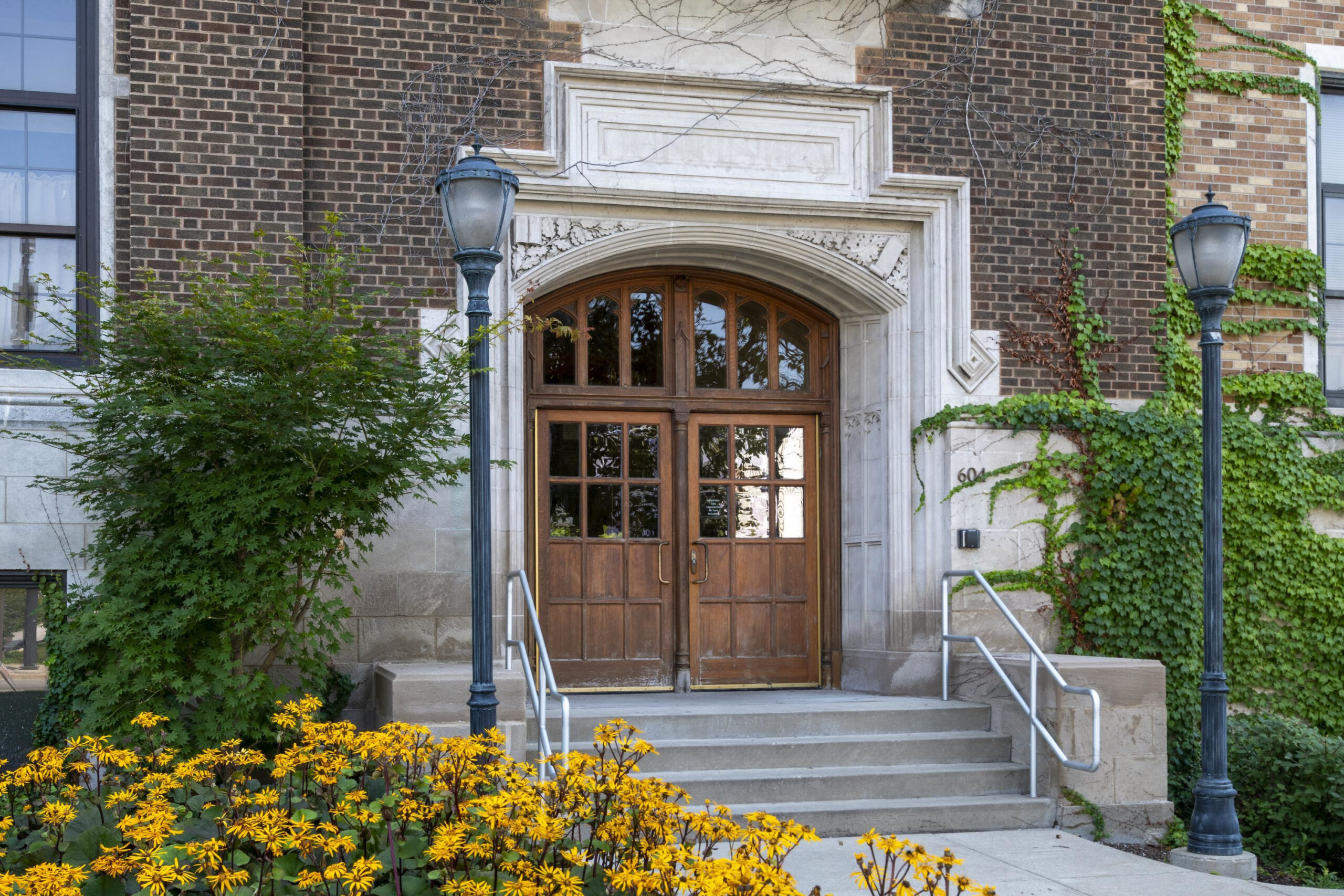Medicaid Cuts Threaten Tribal Health: A Critical Lifeline at Risk
Health
2025-03-25 10:15:17Content
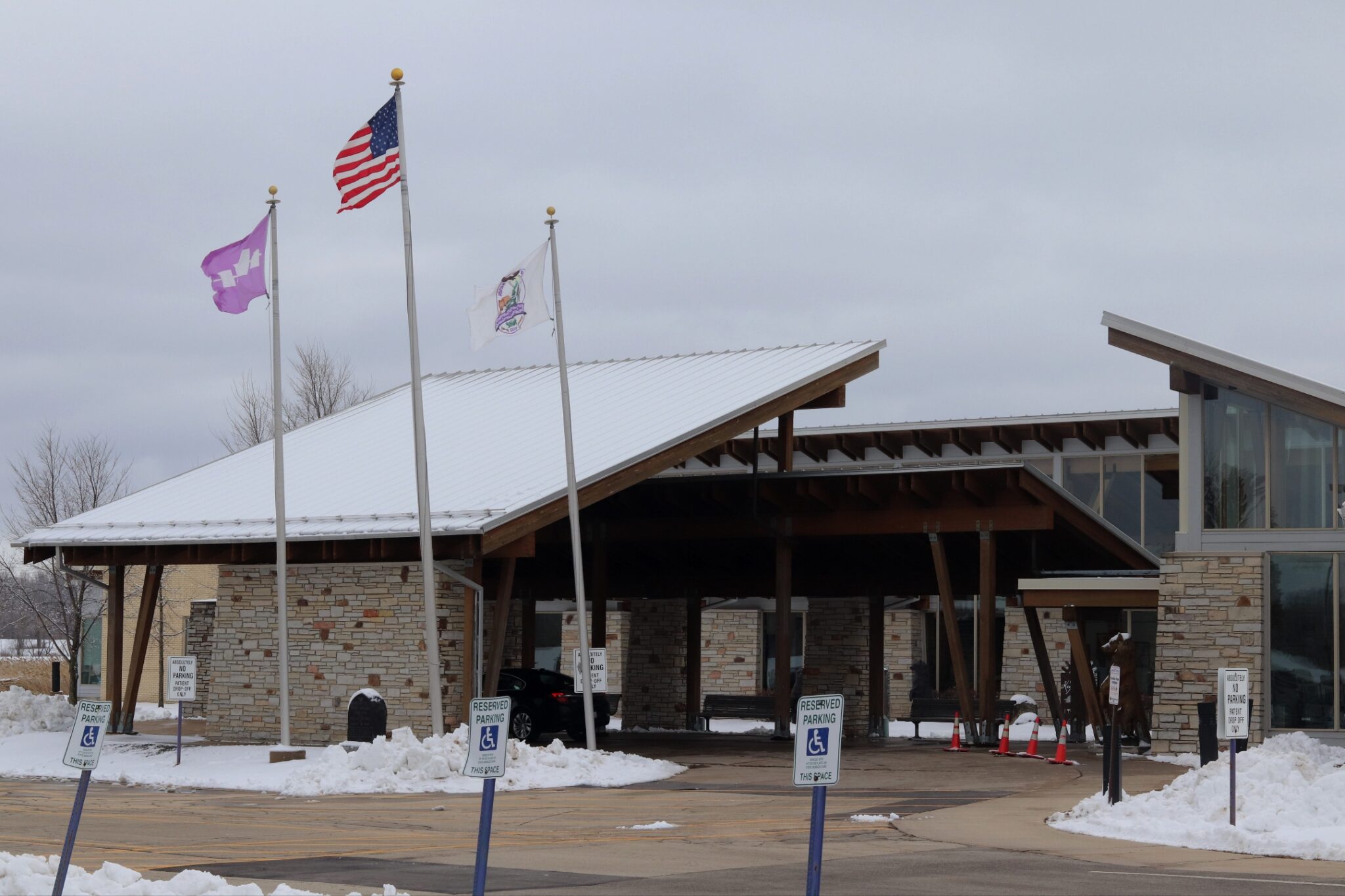
Tribal leaders and healthcare professionals at the Oneida Community Health Center are sounding the alarm over potential devastating Medicaid cuts that could critically impact healthcare services for their community. The proposed reductions threaten to undermine essential medical support for Native American populations, raising serious concerns about access to quality healthcare and long-term community well-being.
Experts at the health center warn that these Medicaid cuts could significantly disrupt critical health services, potentially leaving vulnerable tribal members without necessary medical care and support. The proposed budget reductions represent more than just financial challenges—they strike at the heart of healthcare equity and community health sustainability.
Medicaid Cuts Threaten Native American Healthcare: A Critical Community Survival Challenge
In the heart of Wisconsin's Native American communities, a looming healthcare crisis threatens to unravel decades of hard-won medical progress and community resilience. The potential Medicaid cuts are not merely a bureaucratic adjustment, but a potential devastating blow to the intricate healthcare infrastructure that serves some of the most vulnerable populations in the state.Urgent Healthcare Survival at Stake for Indigenous Communities
The Fragile Healthcare Ecosystem of Native American Populations
The Oneida Community Health Center represents more than just a medical facility; it is a lifeline for an entire community. Tribal healthcare systems have historically operated under extraordinary challenges, balancing limited resources with complex medical needs. These centers provide comprehensive care that extends far beyond traditional medical treatment, encompassing cultural sensitivity, preventative health strategies, and holistic wellness approaches unique to Indigenous healthcare models. Medicaid serves as a critical financial backbone for these healthcare institutions, enabling them to provide essential services to populations often marginalized by mainstream healthcare systems. The proposed cuts would not merely reduce funding but potentially dismantle carefully constructed healthcare networks that have taken generations to develop.Economic and Health Implications of Potential Medicaid Reductions
The potential Medicaid cuts represent a multifaceted threat that extends beyond immediate medical access. For Native American communities, healthcare funding is intrinsically linked to broader socioeconomic stability. Reduced Medicaid support could trigger a cascading effect, impacting employment within healthcare facilities, reducing medical infrastructure investments, and potentially forcing critical service reductions. Community health providers are particularly concerned about the disproportionate impact on chronic disease management, preventative care, and specialized treatments that are crucial for populations with unique health challenges. The Oneida Community Health Center, like many tribal healthcare facilities, offers integrated care models that address not just physical health, but mental wellness, cultural preservation, and community resilience.Systemic Challenges and Community Resistance
Tribal leadership is mobilizing unprecedented collaborative efforts to challenge these potential Medicaid cuts. Their strategy involves comprehensive advocacy, leveraging both local and national platforms to highlight the potential human cost of these proposed reductions. Legal, political, and grassroots approaches are being simultaneously pursued to protect healthcare access. The resistance is not merely about maintaining current healthcare services but defending a fundamental right to comprehensive, culturally appropriate medical care. Each proposed cut represents a direct threat to community sovereignty and the hard-won healthcare achievements of Indigenous populations.Long-Term Healthcare Sustainability and Community Resilience
Beyond immediate survival, these potential Medicaid cuts challenge the long-term healthcare sustainability of Native American communities. The Oneida Community Health Center exemplifies a model of healthcare that integrates traditional healing practices with modern medical technologies, creating a unique and effective approach to community wellness. Tribal healthcare providers are not just medical professionals but guardians of a complex, nuanced healthcare ecosystem that balances historical trauma, cultural preservation, and contemporary medical needs. Their work represents a sophisticated approach to community health that goes far beyond traditional medical service delivery.RELATED NEWS
Health

Navigating Obamacare Just Got Tougher: RFK's Cutback Leaves Consumers in the Dark
2025-04-22 09:00:00
Health
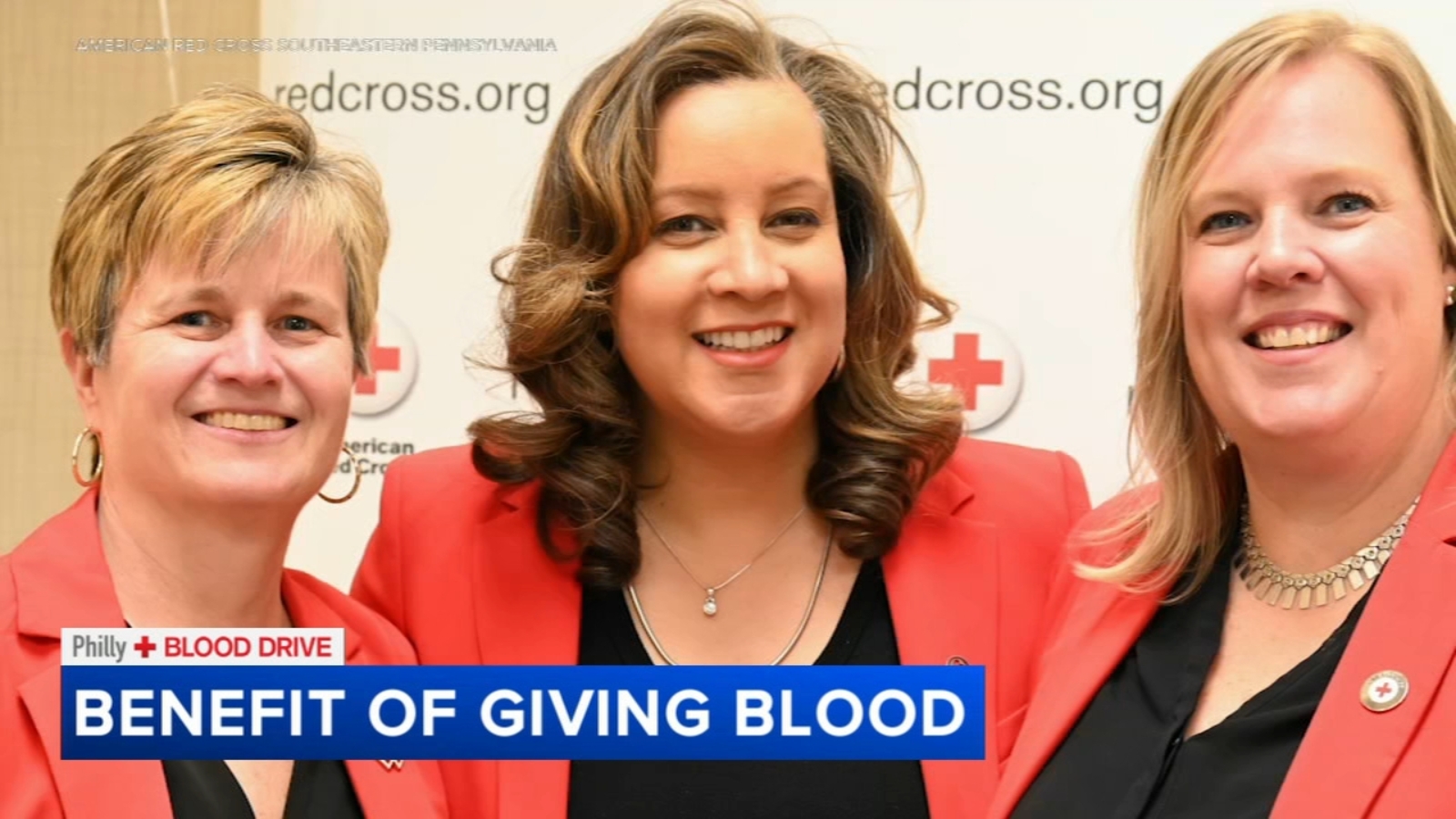
Blood Donation Revelation: Local TV Executive's Unexpected Health Wake-Up Call
2025-03-25 01:11:37
Health

Pioneering Pediatric Leadership: UVA Health Taps Visionary Executive as First Children's Chief
2025-03-24 13:30:12
